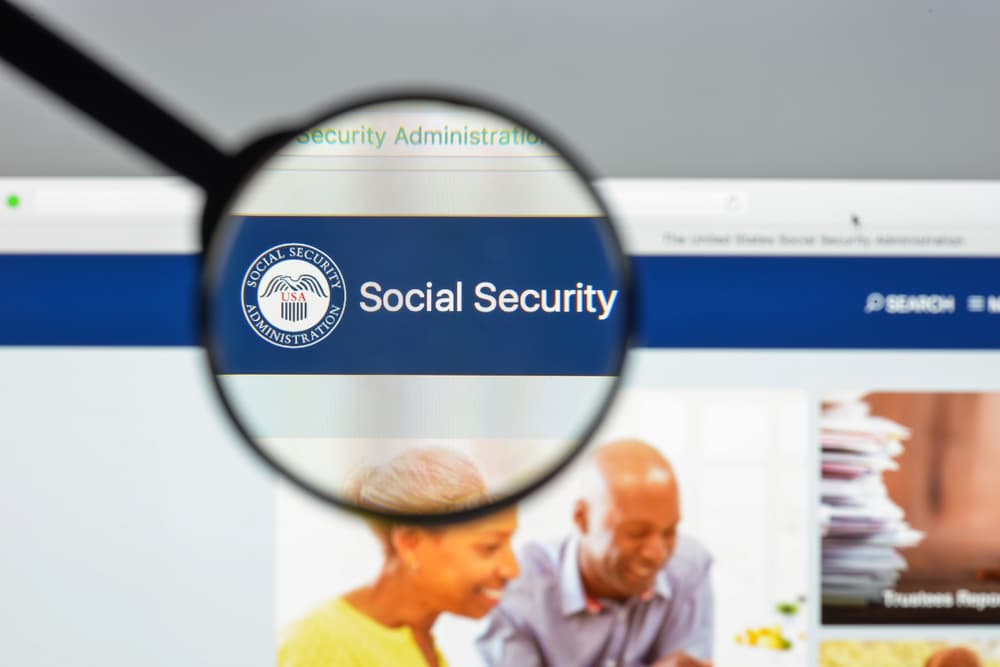How Social Security Overpayment Rules Are Changing
With a new commissioner at the helm, the Social Security Administration (SSA) has been announcing several policy changes in recent weeks. In late March 2024, the SSA issued news regarding the way it handles overpayments to Social Security recipients.
Posted on April 11, 2024

Can Social Security Take Your Whole Check for Overpayment?
The SSA is required by law to attempt to recoup any overpayments it has issued to people, even if these overpayments were made by mistake. To accomplish this, the SSA in many cases would withhold entire checks from recipients it had overpaid.
For millions of vulnerable people, this meant losing out, sometimes altogether, on crucial financial support. Even if an individual could not afford to pay back the overpayment, they might not receive their benefits for months at a time. Over the past year, numerous media outlets nationwide have been covering the personal stories behind these Social Security clawback procedures and their repercussions.
Many people were subsequently finding “themselves facing homelessness or unable to pay bills because Social Security withheld their entire payment for recovery of an overpayment,” Martin O’Malley, the new Social Security Commissioner, said in a press release. O'Malley, confirmed in December 2023, succeeded former acting Commissioner Kilolo Kijakazi.

FREE WEBINAR
5 Things to Know About
Estate Planning
When You Turn Sixty-Five
Changes to Overpayment Rules
Under the new rules, the SSA is modifying its overpayment withholding rate from 100 percent of monthly Social Security benefits to “a much more reasonable” 10 percent (or $10 – whichever is greater). This rule became effective on March 25, 2024.
In certain circumstances, a Social Security recipient may receive an overpayment – that is, more than their typical monthly benefit. For example, your marital status may have changed, which can affect the amount of your benefits payment. You may have followed the rules and notified the SSA about this change, but a delay could have led to an improper calculation.
Sometimes, such overpayments are a result of a mistake that the SSA has made that it doesn’t catch until years later. As part of the newly announced changes, the SSA has stated that Social Security recipients who have received overpayments will no longer have to take on the burden of proving to the SSA that they are not at fault.
In addition, the SSA will be revamping its processes regarding repayment. For one, the SSA says it will make requesting a waiver of repayment easier for people who are not at fault for their overpayments. (Note that the SSA still also allows recipients of overpayments to go through an appeals process.) And, whereas it previously sought repayments within three years, the SSA will now approve repayment plans of up to five years.
Whom to Contact With Questions
If the SSA has sent you an overpayment notice, consider consulting a qualified elder law attorney in your area. They can offer guidance on your next best course of action. Contact an elder law attorney today.
You may already be repaying the SSA for an overpayment. If so, you can contact the agency to modify the terms of your repayment plan. The Social Security Administration phone number is 800-772-1213. Or search online for your local Social Security office.
More from our blog…
Seven Ways to Distribute Your Personal Property Fairly
Unlike money, personal belongings usually can't be divided equally after their owner passes away. For this reason, distributing possessions like furniture, jewelry, dishes, silverware, artwork, [...]
Capacity Requirements for Executing Estate Planning Documents
Proper execution of a legal instrument requires that the person signing have sufficient mental "capacity" to understand the implications of the document. While most people [...]
What You Should Know About Long-Term Care
Research shows that roughly one in seven adults aged 65 or older will need long-term care at some point in their later years. Meanwhile, tens of millions [...]
Understanding Medicaid: What Does Medicaid Cover?
In the complex and frequently changing landscape of health care in the United States, Medicaid stands out as a vital program. Since 1965, it has [...]
Recent blog posts

FREE WEBINAR
5 Things to Know About
Estate Planning
When You Turn Sixty-Five





